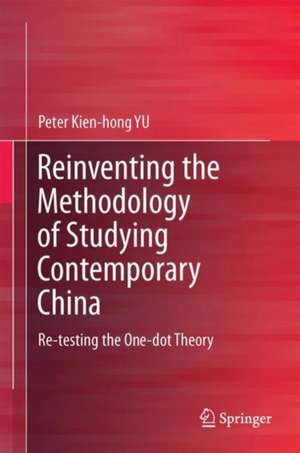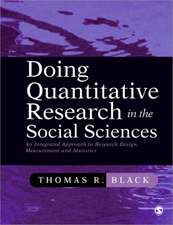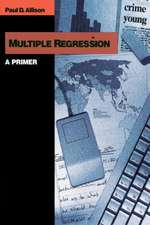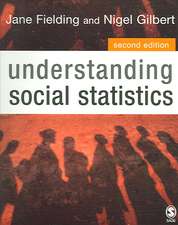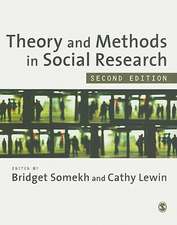Reinventing the Methodology of Studying Contemporary China: Re-testing the One-dot Theory
Autor Peter Kien-Hong Yuen Limba Engleză Hardback – 12 iul 2017
| Toate formatele și edițiile | Preț | Express |
|---|---|---|
| Paperback (1) | 635.01 lei 6-8 săpt. | |
| Springer Nature Singapore – 13 dec 2018 | 635.01 lei 6-8 săpt. | |
| Hardback (1) | 641.20 lei 6-8 săpt. | |
| Springer Nature Singapore – 12 iul 2017 | 641.20 lei 6-8 săpt. |
Preț: 641.20 lei
Preț vechi: 754.36 lei
-15% Nou
Puncte Express: 962
Preț estimativ în valută:
122.69€ • 128.45$ • 101.52£
122.69€ • 128.45$ • 101.52£
Carte tipărită la comandă
Livrare economică 07-21 aprilie
Preluare comenzi: 021 569.72.76
Specificații
ISBN-13: 9789811044298
ISBN-10: 9811044295
Pagini: 170
Ilustrații: XIII, 170 p. 17 illus.
Dimensiuni: 155 x 235 mm
Greutate: 0.44 kg
Ediția:1st ed. 2017
Editura: Springer Nature Singapore
Colecția Springer
Locul publicării:Singapore, Singapore
ISBN-10: 9811044295
Pagini: 170
Ilustrații: XIII, 170 p. 17 illus.
Dimensiuni: 155 x 235 mm
Greutate: 0.44 kg
Ediția:1st ed. 2017
Editura: Springer Nature Singapore
Colecția Springer
Locul publicării:Singapore, Singapore
Cuprins
Chapter 1. Launching a New Methodology for the Study of Contemporary China.- Chapter 2. Applying the One-dot Theory Again to the Study of Contemporary China.- Chapter 3. Finding Fault with the Non-One-Dot-Theory Study of Contemporary China.- Chapter 4. Challenging Other Theories and Models in General and Those Related to Contemporary China in Particular.- Chapter 5. Sharing Some Major Findings in This Study of Contemporary China.- Chapter 6. Closing and Non-Closing This Book on the Study of Contemporary China.
Notă biografică
Peter Kien-hong YU (Ph.D., New York University, October 1983) is a Distinguished Professor and a former director at National Quemoy University, Taiwan, Republic of China. From October 1983 up to now, he has worked in various capacities such as the Dean of Research and Development at an institution of higher education, full professor at the National SUN Yat-sen University, senior research fellow at the National University of Singapore, full professor (at the managerial level) at Swinburne University of Technology, Australia, and visiting scholar at the University of Illinois and visiting (research) professor at Xiamen University and the East China Normal University which is affiliated with NYU. He is the author, co-author, editor, and co- editor of some 20 books in both English and Chinese, and some 120 journal articles and book chapters published in the West. He is the recipient of many fellowships, awards, and grants.
Textul de pe ultima copertă
This book illustrates how the one-dot theory, which is a dialectical study, is well suited to describing, explaining and inferring contemporary China’s past, present and future. It argues that since October 1949, the field of contemporary China studies has been dominated by modified and abandoned non-dialectical theories and models. It also challenges selected non-dialectical theories and models which were first generated in the West, such as the game theory and rational (choice) theory. With its emphasis on methodology, the book offers a valuable resource for academics, researchers and practitioners alike with an interest in logically, systematically and coherently unraveling Taiwan’s and mainland China’s contemporary politics and international relations.
Caracteristici
Casts new light on the methodology of studying contemporary China Reinvents the methodology of describing, explaining, and inferring contemporary China Critically assesses non-dialectical theories and models generated in the West Demonstrates the application of the one-dot theory to study China’s past, present and future
